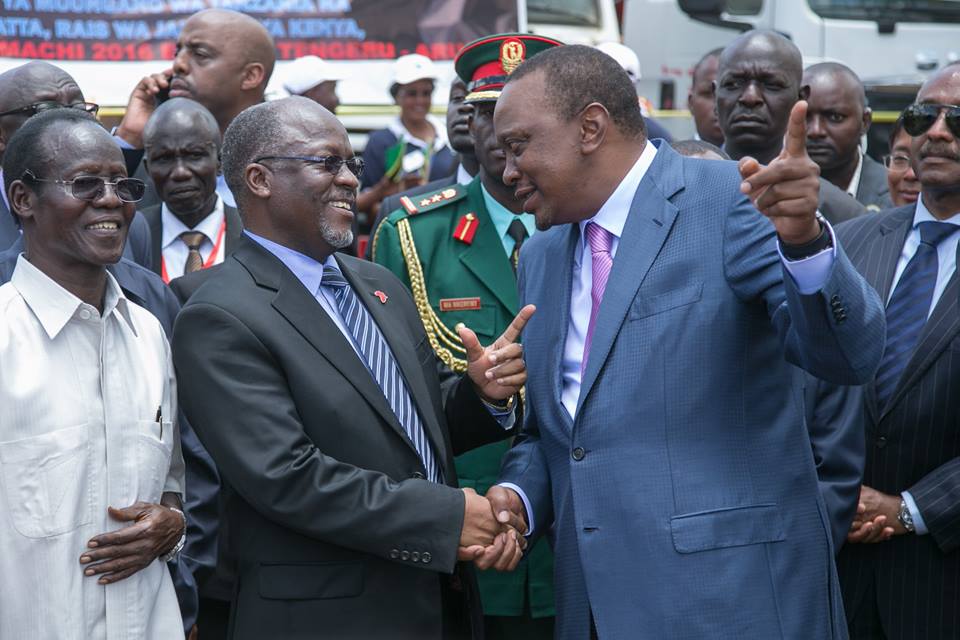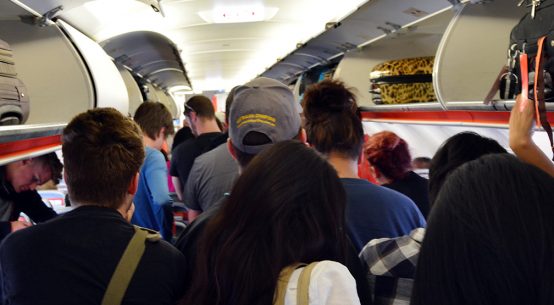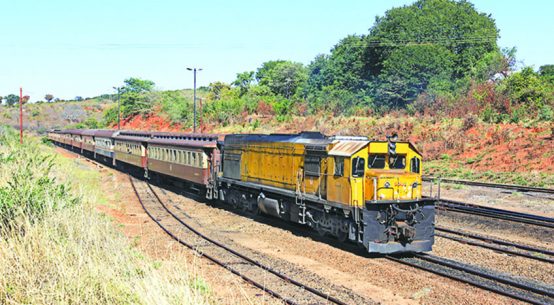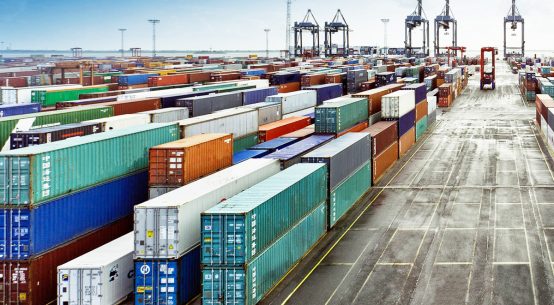
Tensions between Kenya and Tanzania are set to ease after the two countries agreed to hold talks on the long standing trade dispute between them, leading to the signing of a pact on July 23. The two countries are also scheduled to hold a bilateral meeting after Kenya’s August 8 election to iron out their historical trade differences.

Tanzania postponed similar talks in April, demanding that Nairobi lifts gas restrictions first before any meeting could take place.
Following the Sunday deal, Kenya has now allowed liquefied petroleum gas (LPG) from Tanzania into its market after a four-month ban. However, the deal’s implementation was delayed as the relevant agencies awaited official communication from their respective ministries.
It is understood that a delay in sending a circular allowing Tanzanian LPG into the Kenyan market caused doubts among businesspeople in the two countries, who continued to face bottlenecks at the Customs border points.
In Summary
- The two countries are scheduled to hold a bilateral meeting after Kenya’s August 8 election to iron out their historical trade differences.
- Following the Sunday deal, Kenya has now allowed liquefied petroleum gas (LPG) from Tanzania into its market after a four-month ban.
- Kenya says it has compiled a list of issues it wants to be addressed, outside of the recent import restrictions at the upcoming talks, so as to avoid a repeat of the same in future.
Kenya’s Energy Ministry issued the circular on Thursday to the Kenya Bureau of Standards (KeBS), the Kenya Revenue Authority and the Treasury.
“The Energy Ministry sent the circulars this morning and we have communicated the same to KeBS. So far, we understand that more than 10 trucks loaded with the gas were allowed in, so it is now official: The ban isn’t in place anymore,” Kenya’s Trade Principal Secretary Dr Chris Kiptoo told The EastAfrican on Thursday.
The Sunday deal saw Kenya’s Foreign Affairs Minister Amina Mohamed and her Tanzanian counterpart Augustine Mahinga announce an end to the import restrictions on liquefied petroleum gas and wheat flour from Dar es Salaam; as well as milk and milk products, tiles and cigarettes from Nairobi.
Early this week, Kenya, through its Trade Ministry held a stakeholder meeting with the manufacturers and exporters to brief them on the developments. Kenyan traders were asked to “test” whether Tanzania had kept its side of the bargain.
Extra restrictions
On Wednesday, the Kenya Association of Manufacturers complained that Dar es Salaam had maintained restrictions that existed before the Sunday deal.
“We were told to export and see whether the restrictions still exist. We found that some products such as margarine, ice cream and tobacco are still unable to gain access to the Tanzanian market,” said KAM chief executive Phyllis Wakiaga.
Kenyan traders complained that Tanzanian authorities were still loading extra restrictions including demanding Kiswahili labels on some goods and clearance from the Tanzania Food and Drugs Authority outside of the certification from the Tanzania Bureau of Standards.
“It is unfortunate that the product cannot be sold in the Tanzanian market due to TFDA requirements on labelling to suit the Tanzanian market. If Tanzania applies the harmonised standards then the products will be free to be sold anywhere in the region and the world,” KAM said in a statement.
However, Dr Kiptoo said on Thursday that he had spoken to the Customs officials and the blockade from the Tanzanian side “seems to have been lifted after their Custom agents received an official communication from Dar es Salaam.
“I have spoken to the manufacturers and taken in their concerns. We have also held talks with our border Customs officials and the Tanzanian side and are now sure we don’t have any restrictions between the two countries. So I think the discussion that we need to start having is how efficient the implementation of these two presidential directives will be,” said Dr Kiptoo.
Kenya says it has compiled a list of issues it wants to be addressed, outside of the recent import restrictions at the upcoming talks, so as to avoid a repeat of the same in future.
“Through our own committee, we have identified various non-trade barriers that Tanzania continues to place on Kenyan products. We hope when we have the bilateral discussions we will resolve these issues,” said Dr Kiptoo.








